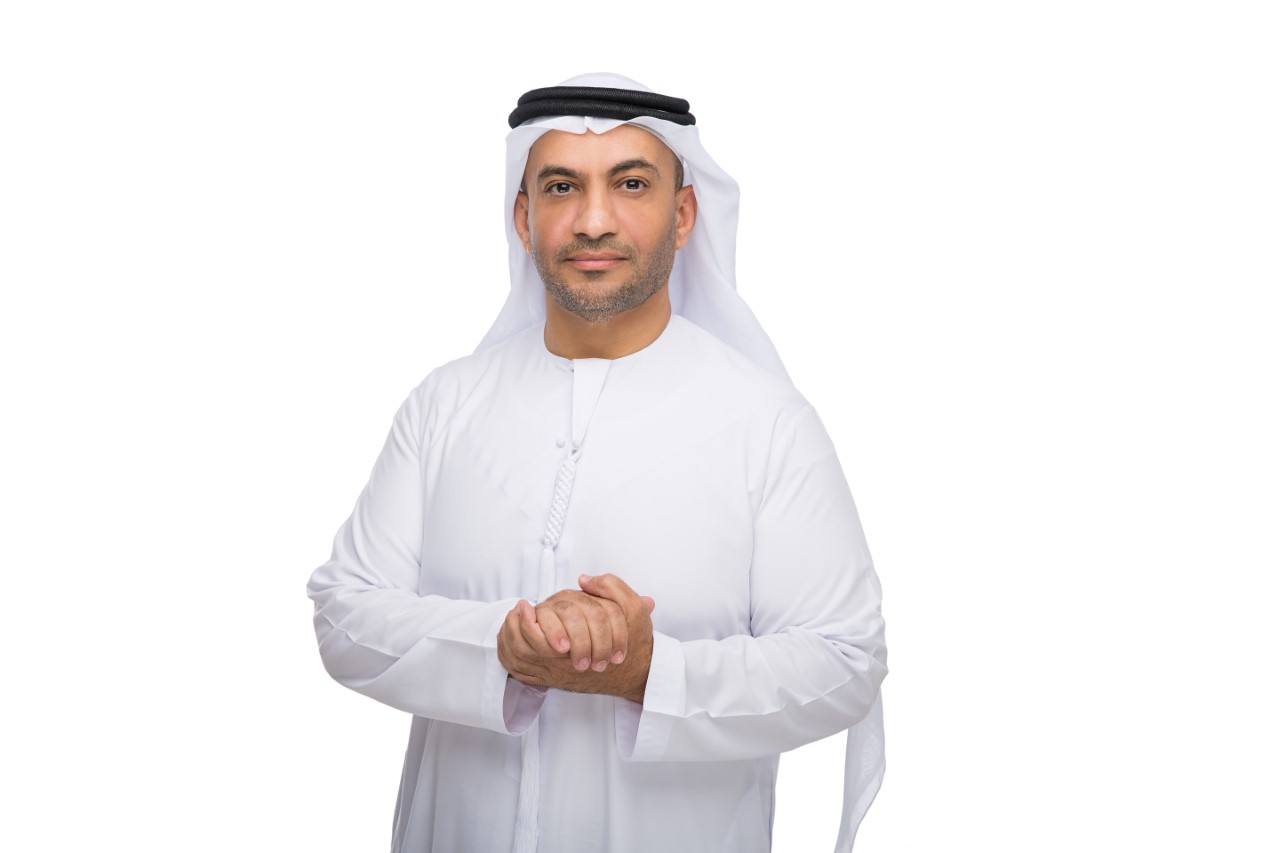Most Read
Saudi Arabia and the COP 28 landmark agreement
الخميس - 21 ديسمبر 2023
Thu - 21 Dec 2023
Officials, experts and specialists agree that the results of the COP 28 conference represent a breakthrough on the issue of climate change. It is not only about the agreement of around two hundred countries on a formula for fossil fuels, but also about the fact that the final agreement on this point was supported by two crucial parties.
The first party was the oil-producing countries led by the Kingdom of Saudi Arabia. The Kingdom sees the cessation of production of traditional fuels as a death sentence for the oil sector, crucial not only for the producing countries but also for the consuming countries that have not fully adjusted to the post-oil era. The crisis in Ukraine has made it clear that the world, especially the advanced industrialized countries, are in dire need of traditional energy resources. However, they are not yet ready to make commitments that will finally close the chapter on conventional energy resources without energy alternatives being ready to fully replace fossil fuels.
The second party in the in-depth discussions of the last days of COP 28 are the Western countries calling for commitments to phase out the use of oil, gas and coal. This demand is at odds with the voices advocating this, as they are highly dependent on traditional energy sources and are investing more and more in them.
The discussion between the two parties has dragged on for decades until they found a third way at the summit in Dubai in the first half of December. The consensus formula met with the Saudis’ approval as it provides options and alternatives for each country to follow its own path to energy transition, away from mandatory collective formulas that may not suit the conditions, priorities and development needs of some countries.
This formula implies a mutual understanding of the principle, with each country retaining the freedom to choose its path to alternative energy. Saudi Energy Minister Prince Abdulaziz bin Salman explained in a press release that the agreement does not prescribe the immediate or gradual abandonment of fossil fuels, but rather a transformation process.
Saudi Arabia has contributed to enriching the discussions and bringing them to a safe conclusion through an integrated approach to the final text of the agreement for COP 28. This approach is in line with global trends and the right of each country to act according to a method that suits its circumstances and priorities in achieving sustainable development. It sets a new benchmark for climate action by addressing barriers through innovative solutions to points of conflict of interest.
This was achieved at the recent summit, where the concept of transition (from the use of fossil fuels in energy systems from the current decade onwards in a fair, organized and equitable manner) served as a logical alternative to other formulas, as part of a balanced action plan to achieve the 1.5 degree target, to reduce emissions, to complete the system of achievements made in addressing gaps in the climate adaptation file, to develop climate finance mechanisms with a strong impetus and to reach consensus on addressing loss and damage.
Undoubtedly, a mandatory phase-out of fossil fuels within a certain timeframe seems unrealistic and corresponds to the desire of its proponents, without the possibilities and opportunities for implementation in reality. This explains Russia’s call to the world to avoid a chaotic phase-out of fossil fuels without scientific support.
The achievement of this agreement in one of the most controversial international dossiers in over three decades is a promising global achievement. It reflects the international consensus that the future of humanity lies in clean energy, an issue that Saudi Arabia has anticipated and prepared for with proactive plans and strategies already in the works. Prince Abdulaziz bin Salman reiterated this by saying, “We are no strangers to the methodology of energy transition, and we are pioneers in it.”
The Kingdom has launched 13 renewable energy projects with investments of around USD 9 billion and has committed to zero carbon emissions by 2060. The Kingdom is ranked 57th in the World Economic Forum’s Energy Transition Index 2023, up 23 places from 81st globally in 2021.
The energy transition is indeed the practical path supported by Saudi Arabia and other oil producers and exporters. It is the optimal solution to the dilemma between the demands of climate protection on the one hand and economic dependence on fossil fuels on the other. The irony is that the companies with the most extensive plans to expand fossil fuels are mainly American and European companies. An agreement on the formula for the energy transition at COP 28 is therefore the salvation for climate policy, which needs an understanding on the compatibility of the economy and fossil fuels.
All previous attempts to reach this point have failed, which explains why experts and specialists describe the deal as the most important since the 2015 Paris Agreement.
Related Articles

Expo 2030 goes to Saudi Arabia: International vote of confidenceExpo 2030 goes to Saudi Arabia: International vote of confidence

Saudi Arabia Selected as IMFC ChairSaudi Arabia Selected as IMFC Chair

saudi arabia riyadh interational portal for hobbiessaudi arabia riyadh interational portal for hobbies

MCIT, Huawei announce the winners of ICT Competition 2023 in Saudi ArabiaMCIT, Huawei announce the winners of ICT Competition 2023 in Saudi Arabia
